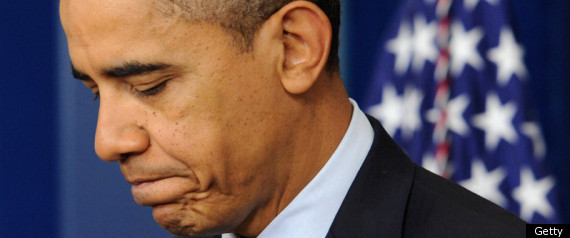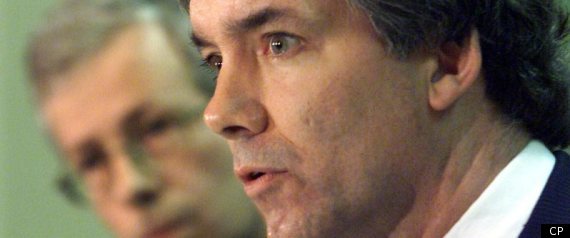In the tenth paragraph of a page A15 Times piece, Rick Santorum accuses Barack Obama of engaging in “absolutely un-American activities.” What are they? The article doesn’t say. The quote appears without explanation or comment, in an article entitled “Santorum’s Challenge: Broaden His Appeal Beyond Evangelical Christians.” Nor does the line show up anywhere else on the Web—apparently no reporter in the mob following the candidates through the last days before the Iowa caucuses thought it worth writing down, and no blogger thought it worth repeating. It was just a throwaway line, a hunk of spoiled red meat tossed at the crowd in a Sioux City coffee shop, no more newsworthy than saying, “It’s a great day to be an Iowan!” And the crowd ate it up, applauding lustily. According to the Times, Santorum, surging in the polls, “became emotional at times.” He “wore a beaming smile on his face.” He said that he was running for his children’s sake. A supporter from a nearby town said that he liked Santorum for his avoidance of hyperbole: “Santorum doesn’t make crazy statements.”
Several things are worth noting here. The first is that, in today’s Republican politics, one reliable way to reach beyond the Christian base is by whipping up nationalistic hysteria with language lifted straight from the McCarthy era. If criminalizing all abortions and nullifying all gay marriages are a little too sectarian for you, surely you’d like to try some old-fashioned traitor-hunting. (Santorum has also accused Obama of “sid[ing] with evil” in Iran, a country with which he plainly wants to go to war.)
Several things are worth noting here. The first is that, in today’s Republican politics, one reliable way to reach beyond the Christian base is by whipping up nationalistic hysteria with language lifted straight from the McCarthy era. If criminalizing all abortions and nullifying all gay marriages are a little too sectarian for you, surely you’d like to try some old-fashioned traitor-hunting. (Santorum has also accused Obama of “sid[ing] with evil” in Iran, a country with which he plainly wants to go to war.)









